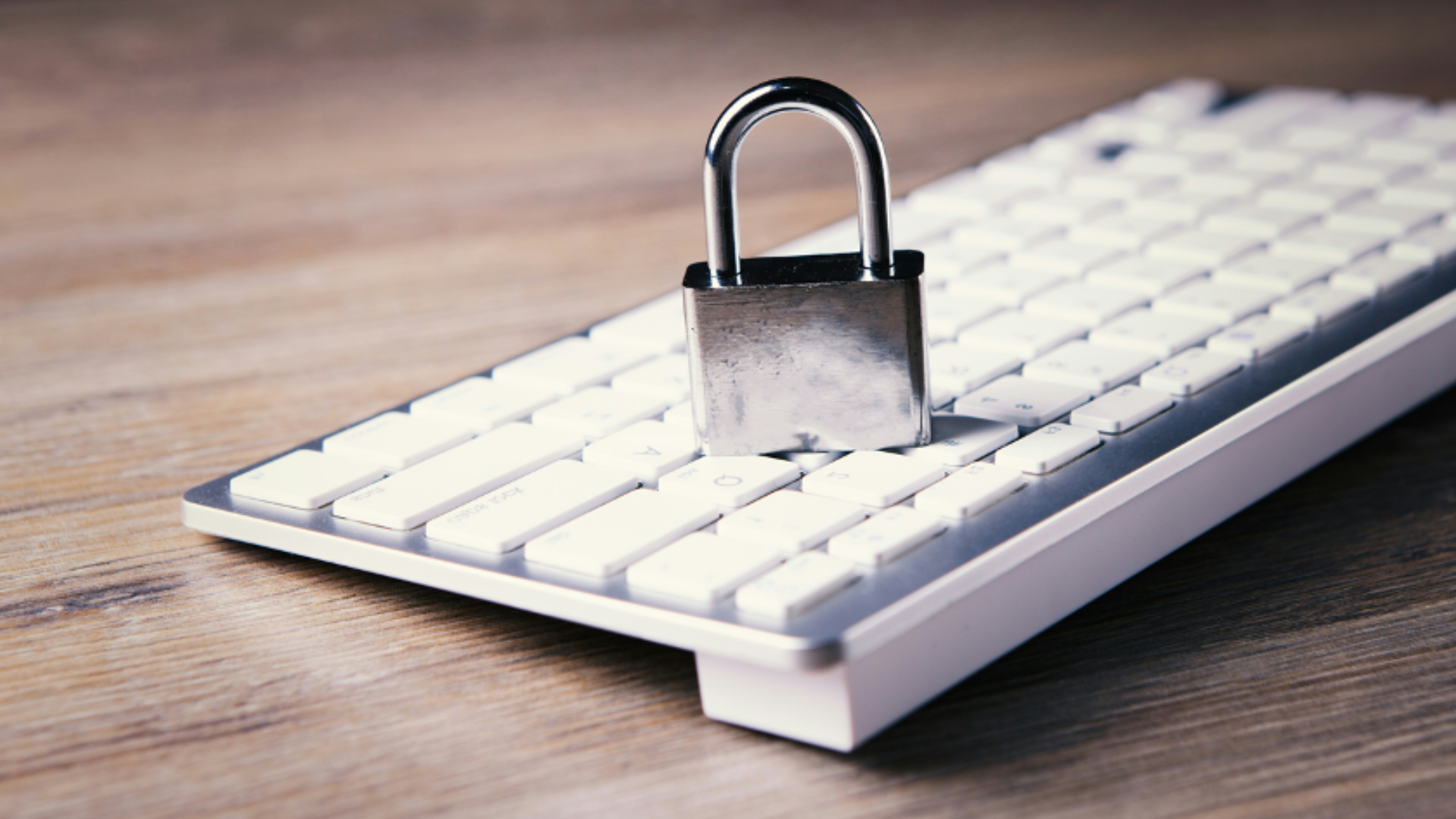Top 6 Smart Office Trends to Adopt for an Improved Workflow
The workplace environment is experiencing a significant evolution, bidding farewell to the days of bland cubicles and repetitive tasks. Today, Orange...
3 min read
Jeff : Aug 26, 2024 4:51:00 PM
The surge of remote work has reshaped the contemporary work landscape, bidding farewell to the era of inflexible office hours and daily commutes here in Orange County. However, amidst this newfound flexibility lies a fresh array of obstacles – cybersecurity risks. Remote work setups frequently unveil weaknesses in your company's data and systems, necessitating heightened security measures.
73% of executives believe that remote work increases security risk.
But this doesn’t mean you can’t mitigate that risk. Below, we’ll equip you with essential security practices for remote teams. You’ll learn how to keep company data safe and secure, no matter your location.
Ensure that your Wi-Fi is encrypted with the latest security protocols, such as WPA3. This is a foundational step in securing a home network. This prevents unauthorized users from accessing your network and intercepting data.
Many routers come with default usernames and passwords. These are well-known to cyber criminals. Change these to unique, strong credentials. This helps prevent unauthorized access to your network.
Remote workers often juggle multiple accounts and services to carry out their work tasks. Keeping track of numerous passwords can be overwhelming. Utilizing password managers can simplify this process by creating, storing, and automatically filling in complex passwords. This ensures that each account is safeguarded with a unique and robust password.
Installing MFA adds an extra layer of security. Even if a hacker compromises a password, MFA requires a second form of verification. This is usually a text message code or app authentication. This second step makes it much harder for attackers to breach accounts.
Make sure that every device utilized for work is equipped with the latest anti-malware software. These essential tools are capable of detecting and eradicating threats before they have the chance to inflict any substantial harm.
Outdated software can have vulnerabilities that are exploited by cybercriminals. To stay protected against the latest threats, enable automatic updates for your:
Use encrypted storage for sensitive data. This ensures that even if a device is lost or stolen, the data remains inaccessible to hackers. You can use both built-in options and third-party solutions.
A VPN encrypts your internet traffic. This makes it difficult for attackers to intercept and access your data. Using a reputable VPN service is crucial. Especially when accessing company resources over public or unsecured networks.
Use encrypted communication tools. These protect the content of your messages and emails. When choosing messaging and email services, ask about encryption. This can ensure that your communications remain private and secure.
Ensure that your web browser is up-to-date and configured for security. This includes:
Beware of phishing attacks, a prevalent risk for remote workers. Stay alert for unexpected emails or messages requesting sensitive details. Always confirm the sender's identity before interacting with links or downloading files. Promptly report any suspicious communication to your IT department to safeguard your team from similar malicious attempts.
Ad blockers can prevent malicious ads from displaying on your browser. These often contain malware or phishing links. This adds an extra layer of security while browsing the web.
Continuous education on the latest security practices and threats is essential. This includes phishing simulations and best practices for device and data security. Teams should also be aware of any new security protocols.
Put a clear incident response plan in place. This ensures that all employees know what steps to take in the event of a security breach. This should include:
Employees should maintain good digital hygiene on their personal devices. This includes regular backups and secure configurations. They should also separate personal and professional activities where possible.
Social engineering attacks exploit emotions to gain access to systems and data. Being aware of common tactics, such as pretexting and baiting. Maintaining a healthy skepticism can prevent falling victim to these attacks.
The transition to remote work has brought about significant changes. You need to evolve how you approach digital security. As cyber threats continue to grow, so too must security practices.
Do you need some help? Our experts at Newport Solutions can help ensure that you are well-equipped to handle remote work securely.
Contact us today to schedule a chat about your cybersecurity.

The workplace environment is experiencing a significant evolution, bidding farewell to the days of bland cubicles and repetitive tasks. Today, Orange...


Outlook calendar reminders are helpful—until they aren’t.